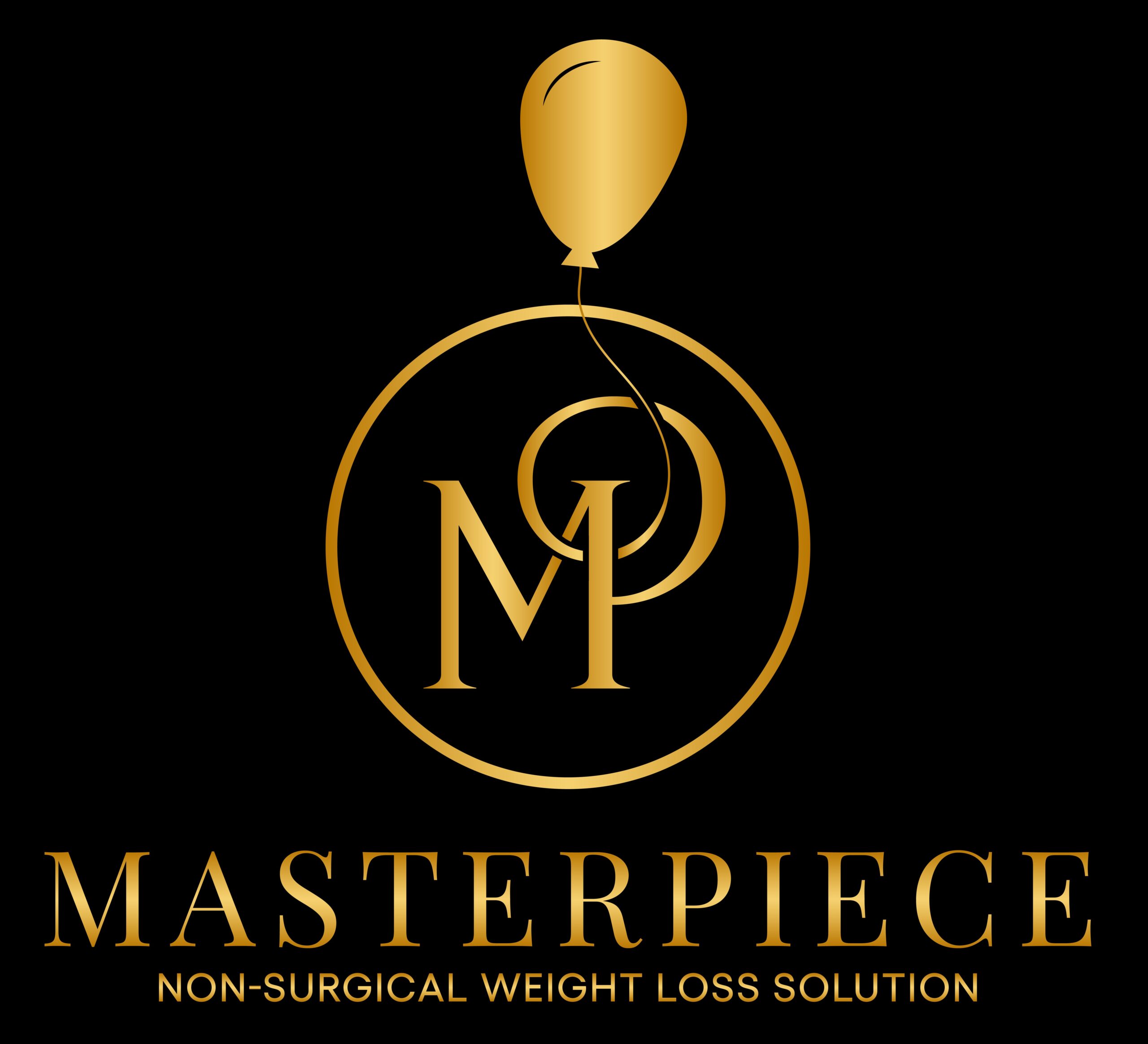In a world where weight loss is often associated with extensive surgical procedures, the concept of achieving a healthier body without going under the knife may seem too good to be true. However, thanks to advancements in medical science and technology, non-surgical weight loss procedures have emerged as a remarkable alternative, offering hope and a newfound sense of empowerment to those seeking a transformative journey toward a slimmer, fitter self.
In this blog, we will uncover some of the most popular non-surgical weight loss procedures that have gained traction in recent years. From body contouring treatments that shape and sculpt your physique to non-invasive fat reduction procedures that target stubborn pockets of fat, we’ll explore the wide range of options available for achieving your weight loss goals
Exploring Nonsurgical Weight Loss Options
Are you tired of the never-ending cycle of diet and weight loss programs that promise quick results but fail to deliver lasting success? If so, it may be time to consider exploring non-surgical weight loss options. In recent years, a wide range of innovative techniques and approaches have emerged, offering individuals effective and safe alternatives to traditional surgical procedures.
Let’s take a closer look at some of these non-surgical options to lose weight that can help you achieve your weight loss goals and embrace a healthier lifestyle.
Lifestyle Modifications
One of the fundamental pillars of successful weight loss is making sustainable changes to your lifestyle. This includes adopting healthier eating habits, increasing physical activity, and cultivating a positive mindset. By focusing on whole, nutrient-dense foods and incorporating regular exercise into your routine, you can create a calorie deficit and promote weight loss over time. Additionally, addressing emotional eating patterns and practicing stress management techniques can support long-term success.
Dietary Counseling
Seeking guidance from a registered dietitian or nutritionist can provide invaluable support on your weight loss journey. These professionals can assess your dietary needs, create personalized meal plans, and offer education on proper portion sizes and balanced nutrition. By learning about mindful eating, understanding nutritional labels, and gaining knowledge about food groups and their impact on weight management, you can make informed choices that align with your goals.
Behavioral Therapy
Nonsurgical weight loss options often incorporate behavioral therapy to address underlying psychological factors that contribute to weight gain. This approach focuses on identifying and modifying unhealthy behaviors, emotional triggers, and negative thought patterns related to food and self-image. By working with a therapist or counselor specialized in weight management, you can develop coping strategies, set realistic goals, and cultivate a positive relationship with food and your body.
Non-surgical Fat Removal with Body Contouring
For those looking to target specific areas of stubborn fat or achieve a more sculpted appearance, noninvasive body contouring procedures offer promising non-surgical fat reduction solutions. Techniques such as radiofrequency, laser therapy, and cryolipolysis (fat freezing) can help eliminate fat cells and tighten the skin without undergoing surgical procedures or general surgery. With non-surgical procedure is generally safe, require little to no downtime, and can be effective in reshaping your body contours.
Medications and Injections
In some cases, physicians may prescribe medications or recommend injections to support weight loss efforts. These options can help suppress appetite, enhance metabolism, or inhibit fat absorption. This is an ideal way for those individuals who don’t want to undergo a surgical weight loss procedure. However, it’s important to consult a healthcare professional who specializes in weight management to assess the suitability and safety of these options based on your specific circumstances.
It’s crucial to remember that nonsurgical weight loss options are not quick fixes. They require dedication, commitment, and a willingness to adopt healthy habits for long-term success. Moreover, it is advisable to consult with a healthcare professional or specialist who can assess your unique needs and guide you in choosing the most suitable options for your weight loss journey.
Embarking on the path of exploring nonsurgical weight loss options can be an exciting and empowering decision. By combining lifestyle modifications, behavioral changes, and targeted treatments, you can achieve sustainable weight loss, improve your overall well-being, and embrace a healthier lifestyle that lasts. Remember, ever
Types of Non-Surgical Weight Loss Procedures
For individuals struggling with severe obesity or facing significant health risks associated with excess weight, surgical weight loss procedures can be a transformative solution. These procedures, also known as bariatric surgeries, offer a powerful intervention that goes beyond conventional weight loss methods, providing long-term results and improving overall health and quality of life.
Gastric Bypass Surgery Weight Loss Procedure 
Gastric bypass surgery is one of the most commonly performed bariatric procedures. It involves creating a small stomach pouch and rerouting the digestive tract to bypass a portion of the small intestine. By reducing the size of the stomach and altering the digestive process, gastric bypass surgery restricts food intake and limits the absorption of calories and nutrients. These bariatric surgery procedures or laparoscopic can lead to significant weight loss and also has metabolic benefits, such as improved blood sugar control and remission of type 2 diabetes.
Bariatric Procedure Sleeve Gastrectomy
Sleeve gastrectomy, also known as gastric sleeve surgery, involves removing a large portion of the stomach to create a smaller, banana-shaped pouch. This procedure reduces the stomach’s capacity, allowing for smaller meal portions and promoting feelings of fullness. Sleeve gastrectomy not only restricts food intake but also affects the production of hunger-regulating hormones, leading to improved appetite control. Weight loss results from this bariatric surgery can be substantial, and it has been shown to have positive effects on obesity-related health conditions, including diabetes and hypertension. You may also try another gastric bypass like Orbera balloon or other medical weight loss services offered by dependable weight loss clinics.
Adjustable Non-Surgical Gastric Banding
In adjustable gastric banding, a silicone band is placed around the upper part of the stomach, creating a small pouch. The band can be adjusted by inflating or deflating it with saline, which affects the degree of restriction on food intake. By limiting the amount of food that can be consumed at one time and slowing down the emptying of the stomach, adjustable gastric banding promotes weight loss. This operation or procedure is less invasive than gastric bypass or sleeve gastrectomy and is reversible if needed.
Duodenal Switch
Duodenal switch surgery combines aspects of gastric sleeve surgery and intestinal bypass. It involves removing a portion of the stomach to create a smaller pouch and rerouting the small intestine to reduce calorie and nutrient absorption. This procedure offers both restriction and malabsorption, resulting in significant weight loss. Duodenal switch surgery is typically recommended for individuals with a higher body mass index (BMI) or those with metabolic conditions like severe diabetes.
How to Succeed in Weight Loss Without Surgeries
Succeeding in weight loss requires a combination of commitment, lifestyle changes, and a positive mindset. Here are some strategies and tips to help you achieve success in your weight loss journey:
- Set Realistic Goals – Start by setting realistic and achievable goals that are specific, measurable, attainable, relevant, and time-bound (SMART goals). Break your larger goal into smaller milestones to celebrate your progress along the way.
- Create a Healthy Eating Plan – Focus on adopting a balanced and nutritious eating plan that includes a variety of whole foods such as fruits, vegetables, lean proteins, whole grains, and healthy fats. Portion control and mindful eating are key. Consider seeking guidance from a registered dietitian or nutritionist to create a personalized meal plan that suits your needs.
- Be Active – Regular physical activity is crucial for weight loss and overall health. Find activities you enjoy and incorporate them into your routine. Aim for a combination of aerobic exercises, strength training, and flexibility exercises. Start with manageable goals and gradually increase the intensity and duration of your workouts.
- Practice Portion Control – Learn to listen to your body’s hunger and fullness cues. Pay attention to portion sizes and avoid mindless eating. Use smaller plates and bowls to help control portion sizes and practice mindful eating by savoring each bite and eating slowly.
- Stay Hydrated – Drink plenty of water throughout the day. Sometimes, thirst can be mistaken for hunger, so staying hydrated can help curb unnecessary snacking. Limit sugary drinks and opt for water, herbal tea, or infused water instead.
- Manage Stress – Stress can contribute to emotional eating and hinder weight loss progress. Find healthy ways to manage stress, such as practicing relaxation techniques, engaging in hobbies, getting enough sleep, and seeking support from friends, family, or a therapist if needed.
- Build a Support System – Surround yourself with a supportive network of friends, family, or a weight loss support group. Having people who understand your goals and can offer encouragement, accountability, and motivation can significantly enhance your chances of success.
- Track Your Progress – Keep a record of your food intake, exercise, and progress. This can help you identify patterns, stay accountable, and adjust your approach if necessary. Consider using a journal, mobile apps, or wearable fitness trackers to track your daily activities.
- Celebrate Non-Scale Victories – Recognize and celebrate achievements that go beyond the number on the scale. Focus on non-scale victories such as increased energy, improved sleep, clothing fitting better, increased strength, or improved overall well-being.
- Stay Positive and Persevere – Weight-loss journeys may have ups and downs. Stay positive, be patient with yourself, and don’t let setbacks discourage you. Embrace a mindset focused on progress, not perfection. Learn from any challenges or slip-ups and use them as opportunities to grow and make healthier choices
Lose Weight Fast Without Undergoing Non-Surgical Procedures with Masterpiece Weight Loss Solutions
By exploring nonsurgical weight loss options, you can take a proactive step towards transforming your life. Whether you’re seeking to shed a few pounds, sculpt your body, or improve your overall well-being, our team of experienced professionals is dedicated to guiding you on this transformative journey.
Our approach combines evidence-based techniques, personalized nutrition plans, guaranteed patient safety, behavioral support, and cutting-edge non-surgical procedures to help you achieve sustainable weight loss and embrace a healthier lifestyle. Our doctor, cosmetic surgeon, and staff are committed to providing a supportive and compassionate environment where you can thrive and achieve your weight loss goals.



